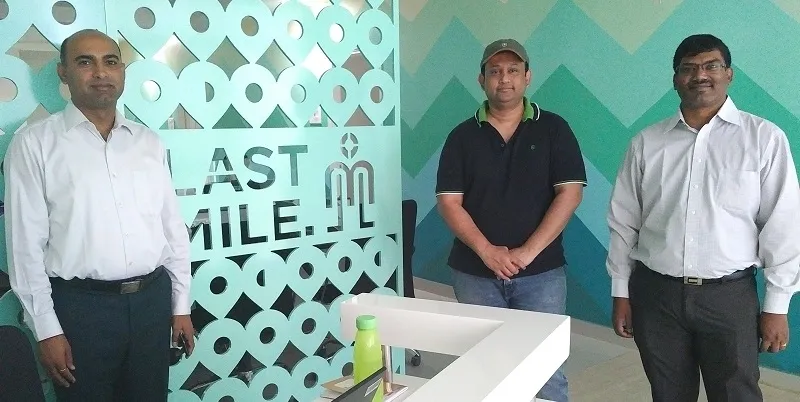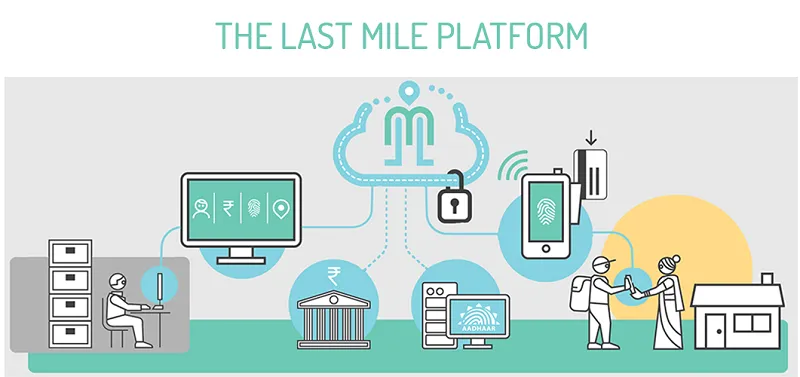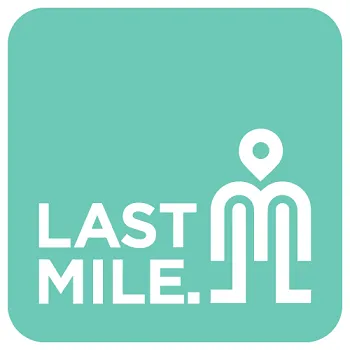How this payment gateway company pivoted to seize the $29B market
Not all startup stories are about multi-million dollar valuations or instant scale. Some can be just about the growth a company achieved from all its learning.

Jay Krishna’s journey with DigitSecure started in 2010. The fintech business acted as a gateway helping retailers and merchants with solutions around online payment processing, coupled with smartcard (loyalty) solutions. Jay claims the company to be amongst the first few to introduce the mobile Point of Sale (PoS) card payments in the country, providing services to Homeshop18 and Aramex then.
But while working with retail and e-commerce companies across boards, Jay sensed that last mile was becoming a huge problem. From identifying customers' addresses to deploying digital signature during payment, every step was a huge challenge for them. And this was not just the case with retail; the banking industry faced the same issues as well.
Jay says
“Seeing this, we thought rather than payments we should rather focus on the last-mile payments problem. Added to that being equipped with an enterprise DNA, we thought we could solve that on a large scale.”
In June last year DigitSecure successfully completed its pivot to LastMile.Mobi, a proprietary platform providing comprehensive solutions around digital Identification, biometric attendance, delivery payments etc.
Dealing with the ‘Last Mile’
LastMile.Mobi is a combination of proprietary mobile handheld solution combining biometrics along with card payments deploying a secure, certified cloud platform for faster processing of transactions.
A financial institution typically takes three to four weeks to acquire and on-board a new customer. The delay is attributed to the identification and verification steps taken before the actual collection or payment. Digital signature at doorstep takes almost 20 days. The firm aims at getting it completed within 24 hours.
This is the same in government organisations, where delays come about during transfers of social benefits, as well as for e-commerce companies that struggle to deliver goods purchased through cash-on-delivery mode.

How does it work?
Offering Platform as a Service (PaaS), the solution deploys workforce, empowering organisations to perform instant consumer identification (eKYC), digital payments, and geo-verify addresses on consumer’s doorstep using an in-house developed solution for the mobile platform, that can be integrated with a device. The solution can be used in instances of last-mile transactions, including by e-commerce companies making deliveries, at rural retail shops, by fieldworkers needing biometric verification and by banks and insurance agencies for verification.
Their device Freedom also has an inbuilt fingerprint/iris scanner, geo-track and multiple-party payment capabilities that connects doorstep commerce. Freedom has different versions also having a bar code scanner etc priced from Rs 13,000 to 24,000.
Looking at scale
The firm, at present, works with e-commerce giants like Amazon and other financial services entities like MasterCard, HDFC Bank, Yes Bank etc. (as listed on their website).

The firm hopes to have 30,000 touch points that facilitate daily transactions by next month. It is in the process of building infrastructure for one lakh touch points, which will enable it to cater to at least one million transactions a day in the near future.
For 2015-16, the firm has earned revenue of $4-5 million and is aiming to reach $12 million in revenues by the end of FY 2016-17. The firm is also looking to be present in 30 cities by the end of this year.
With the government backing initiatives like Aadhaar authentication, the digital payments scope of the country is estimated to grow. Reserve Bank of India had also approved licences for 11 financial institutions to set up payment banks.
On the opportunity size, Jay cites a report from McKinsey Global Institute (MGI) in December 2014, that predicted that by 2025, digital identification will grow from nascent to 100 percent, digital payment transactions from $one billion to 12 billion, and businesses accepting digital payments will increase from 600,000 to six million.
Moreover, Statista reports on digital payments claim that the total transactional value in the segment amounts to $28.96 billion in 2016, and is expected to show an annual growth rate of 18.36 percent. This, clearly, gives a lot of scope for startups like Last Mile.Mobi. Additionally, this seems to be a unique segment where hyperlocal overlaps with the fintech sector.
However, with smartphones becoming increasingly equipped with fingerprint scanners and some trying to move towards iris detection, it will be interesting to see whether moving forward the need will still stay put for such startups, or will evolve, demanding better technology.
Website: lastmile.mobi







